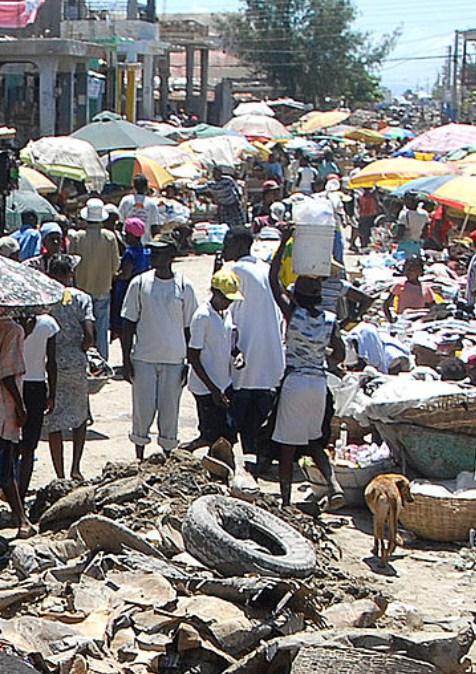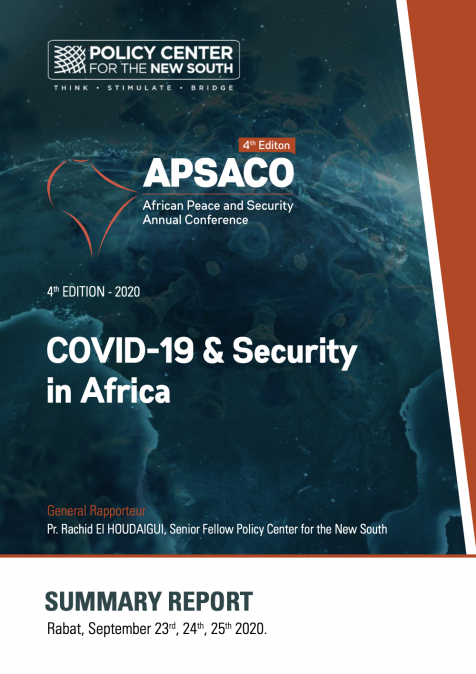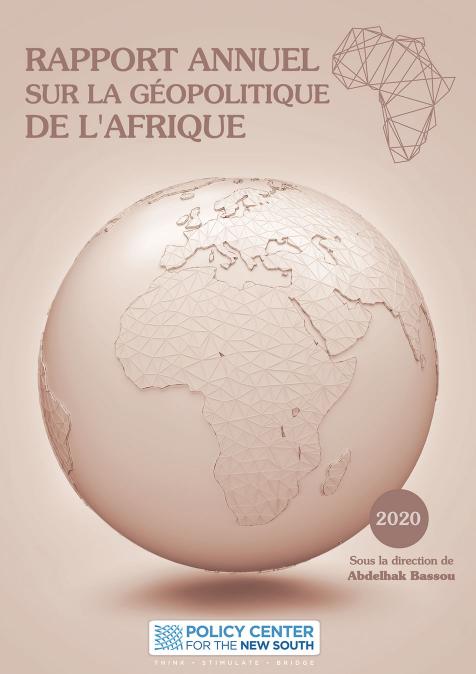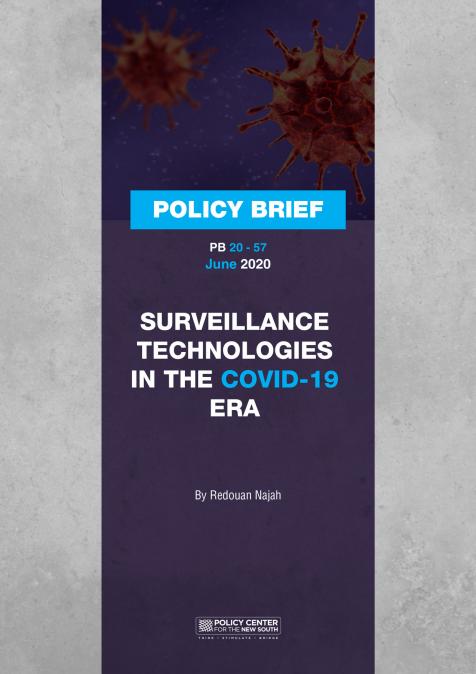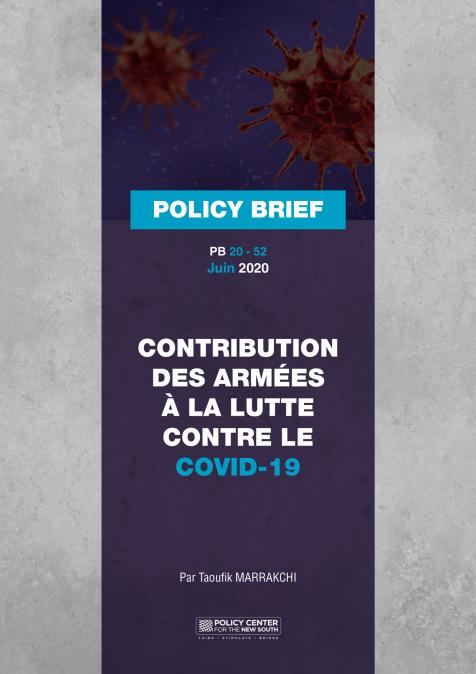Publications /
Opinion
Imagine you are one of the crew members of the nuclear-powered fast-attack submarine USS Connecticut, 1000 meters under the floating ice of the Arctic Ocean. Your three-month secret mission is only in its third week. Suddenly, the sailor above your bunk starts coughing, the neighbor signals he has a fever, and the onboard medical officer alerts his commanding officer that 55 of the 116 crew are showing advanced symptoms of COVID-19. There is no nearby human settlement to go to, just Thule Air Base, 750 miles north to the Arctic Circle. The submarine’s home port, Bremerton in Washington State is much further away. Would the submarine have to be recovered through a complicated rescue operation?
It is an imagined scenario, but it reflects a new reality: global military might and sophisticated weapons weakened by an invisible virus. The ramifications are ghastly: even operators of nuclear missile silos, airplane carriers, and submarines are destabilized by this invisible product of nature, and neither nuclear bombs nor prayers can defeat the enemy.
Operations Disrupted
On March 30, the Dutch Ministry of Defense reported that the imagined drama under the ice had turned into reality. Its submarine HNLMS Dolfijn changed course near Scotland and returned to its base in the Netherlands because eight of its 58 crew members had tested positive for COVID-19. The Belgian frigate Leopold I broke off from an operation led by the French aircraft carrier Charles de Gaulle, and returned to Zeebrugge, its home port, because one crew member showed COVID-19 symptoms. In early April, the Charles de Gaulle itself rushed towards Toulon after 50 sailors tested positive for COVID-19. The commanding officer of the U.S. nuclear powered aircraft carrier Theodore Roosevelt, Captain Brett Crozier, alerted his superiors at the Pentagon about a growing number of infected personnel among his 4800 crew members. When he became anxious about the slow reaction, Crozier wrote to various military contacts outside the chain of command, demanding urgent medical help for his crew. The Pentagon was not amused and Crozier was relieved of his command by the Acting Secretary of the Navy, Thomas Modly, for not respecting the chain of command. When the firing of the popular Crozier backfired, Modly resigned.
‘A Major Blow to Military Readiness’
The Theodore Roosevelt is still docked at Guam. One sailor died and other COVID-19 victims are likely. COVID-19 is marching on—the Pentagon declared a public health emergency for its troops stationed in Japan: 50,000 soldiers and their families. NATO confirmed several COVID-19 cases among its troops deployed on training assignments in Afghanistan and near the Russian border. The French Ministry of Defense recalled troops from Iraq because of the virus. NATO cancelled military exercises, as did the US in South Korea. The virus is forcing military leaders to assess how COVID-19 is menacing training, the readiness of troops, and supplies for its forces. The disease will deal a major blow to U.S. military readiness in the coming weeks, as it spreads to military bases and manufacturing hubs in the southern and western parts of the country, according to one analysis.
These areas, observed the military publication Defense One, include many bases that house troops and weapons that would be essential in wars against Russia and China. The U.S. military relies on constant movement of material and people to and from countries and territories as far apart as South Korea, Afghanistan, Guam, and Iraq. How will the Pentagon house its soldiers—those in basic training, for example—who, without the possibility of social distancing, march, eat, and sleep together, often in dormitories?
Nothing Short of Catastrophe
A study published on March 12 by the Modern War Institute imagined a major war in which the U.S. Army conducts large-scale combat operations in a place hit by COVID-19. If soldiers started to show symptoms, the army would face a choice of whether the enemy of the disease was the main threat, the study said. In addition, “the Army could find itself with responsibility for civilians in the consolidation area, a responsibility that in the case of a major outbreak is personnel- and resource-intensive. As soldiers sicken, operations become more costly or cease altogether.” This raised the question of how an army could operate in such an environment, according to the study.
During the Second World War, the study recalled, the United States faced situations similar to the scenario envisaged above. During the U.S. military’s North Africa campaign, there were more than 102,200 cases of typhus, 92,000 cases of dengue fever and 470,000 cases of malaria. Between 1942 and 1945, hepatitis infected 182,383 personnel in the Middle East Theater and the hospitalization rate within the U.S. Army was 16.7%. COVID-19 showed this was not just a historical problem, but was also a contemporary problem, the study said: “Under such conditions, similar rates of manpower loss to disease as those seen during the Second World War could have consequences that would be nothing short of catastrophic.” The study cautions that the emergence in recent decades of a host of threats, including MERS, SARS, H1N1 and now COVID-19, “demonstrates that the potential to encounter previously unanticipated diseases remain significant.” The US Army “is woefully unprepared for the likely potential of epidemic disease in the operational environment.” And: “The U.S. Military is in danger of repeating the mistakes that allowed it to be surprised by the diseases of the Second World War.”
Russia, dramatically touched by COVID-19, has been conducting drills that its defense ministry explained as “checking troop-readiness to deal with a contagion”. It is questionable whether “unusually high levels of activity” by Russian warships in the English Channel and North Sea, which the British Navy observed, could be explained by fear of COVID-19. NATO has tracked significant military activity by Russia close to NATO borders, and exercises by Russian troops in the western military district of Russia. “We’re still capable and we’re still ready no matter what the threat,” stated U.S. Joint Chief of Staff Chairman Mark Milley: “I wouldn’t want any mixed messages going out there to any adversaries that they can take advantage of an opportunity, if you will, at a time of crisis. That would be a terrible and tragic mistake if they thought that.”
The opinions expressed in this article belong to the author

